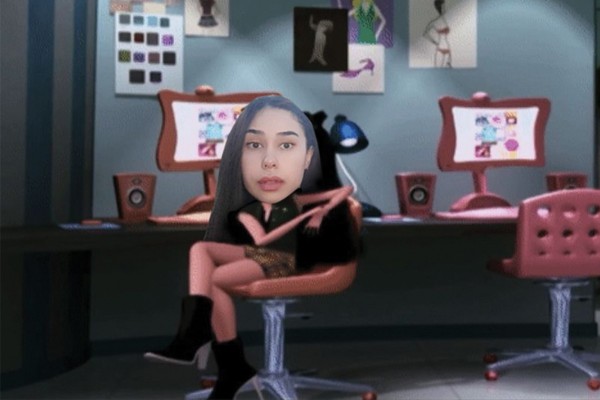During my studies, I've picked up on a throughline that isn’t always named outright: the role of wāhine Māori in the resurgence and survival of te reo Māori. From the emergence of Te Kōhanga Reo and the frontline of activism, to the dining rooms where karakia were whispered back into use – it was wāhine who did the work, held the line, and carried the language when others dropped it. Sounds about right, it is called the “mother tongue” for a reason.
As a sucker for nostalgia and early 2000s pop culture, one of my favourite approaches is referencing the past to interrogate the present (#AngryNgāpuhi). From our Y2K Māori Med gewls to the reimagined Kill Bill cover that literally made it to the steps of Parliament, I’ve always believed that pop culture is political – you just need the right tone and design team. Naturally, this has caught a bit of flak. But we’re all familiar with the “I never saw anyone who looked like me” trope, and frankly, what better opportunity than this – Te Wiki o Te Reo Māori – to reimagine the classics with wāhine Māori at the forefront?
This September marks 20 years since Bratz hit screens and changed the game. Loud, glam, and built on girlhood diversity (kind of), they came with attitude, alter-egos, and a real sense of crew. So yes, there’s crossover. Imagine – mana-enhancing, unmistakable Māori gewl magic, stepping into those iconic frames.
As a Norty Norf gewl, protest is my middle name (actually, it’s Cloey, after the Bratz character) but make no mistake, we don’t take protest lightly, and the figures behind this project might give you a sense of scale: I watched Bratz Rock Angelz two or three times a day for about 6 weeks, listened to the Rock Angelz album so often I’m convinced my Spotify Wrapped has been decided, and even stumbled through PlayStation 2 emulator Reddit to download the Bratz Rock Angel video game “for research purposes.” Every outfit, every detail, and every reference was hand-picked. Nothing was accidental – it never is – because this is Passion 4 Protest in motion. Protest doesn’t just look like placards and megaphones 24/7. Sometimes it looks like swapping out The Bride and her samurai sword for a Ngāpuhi gewl and her taiaha, sidelining Regina George for the Māori Mean Gewls, and pairing pounamu with platforms, not just piupiu.
Clearly, I’ve had an over-the-top emotional breakthrough. And yet, there’s a pattern emerging: recreating, reimagining, and redefining the contexts in which Māori women exist. To the untrained eye, slapping on a faux-moko is “representation.” But this is not about Māori-ifying a moment; rather, it’s about refitting the whole frame. That’s on Passion 4 Protest.
Hold the front page, gewls, I think I’m gonna cry.
I want to mihi to the incredible wāhine – Da Dream Team – who threw themselves into writing, reflecting, and sharing their lived experiences. You poured stacks of mahi into this project, balancing Master's degrees, motherhood, cultural commitments, and busy lives, and your dedication shines through every page.
And to my team: thank you for making space, holding it down, and letting me run wild with a passion project of this scale. You made it possible.
Can’t deny it – pounamu, platforms, and protest? Always a vibe. You are now about to witness the strength of mana Māori.
Lata bo
DA OG VALLEY GEWL







